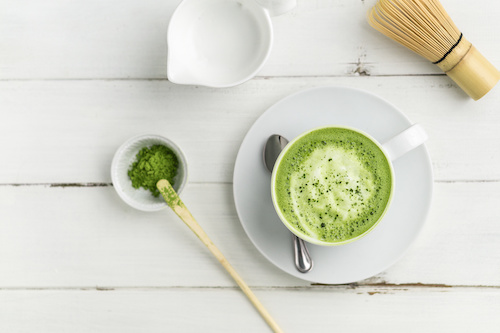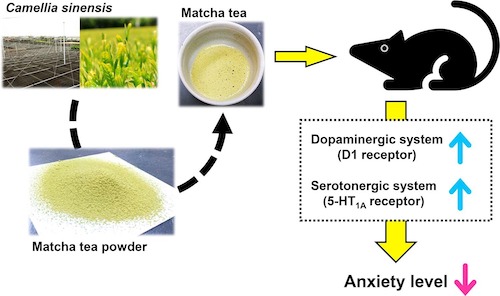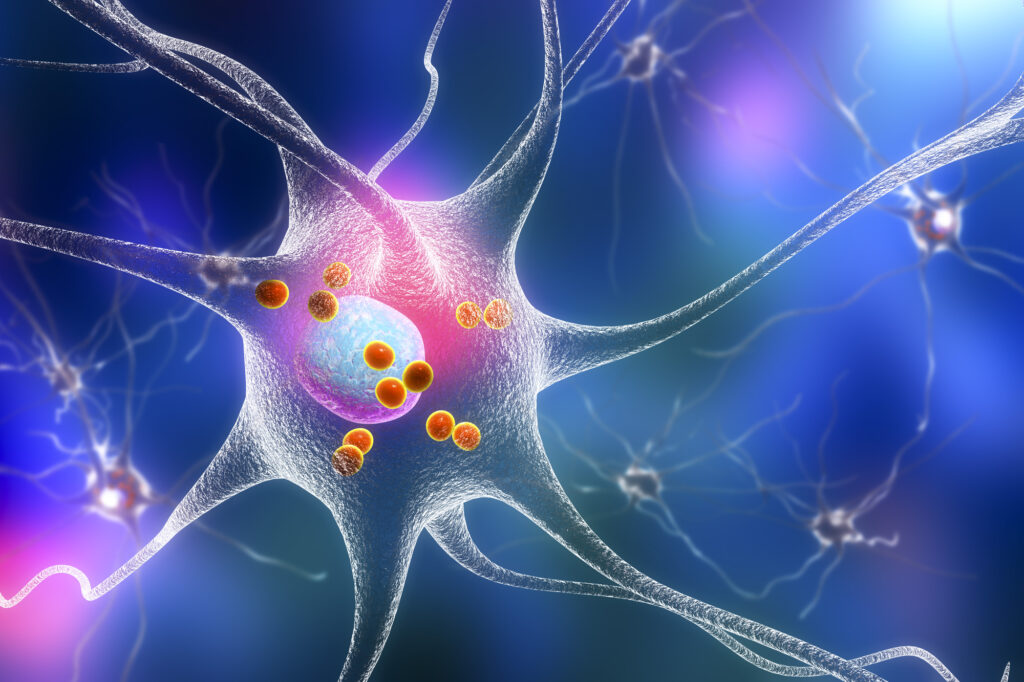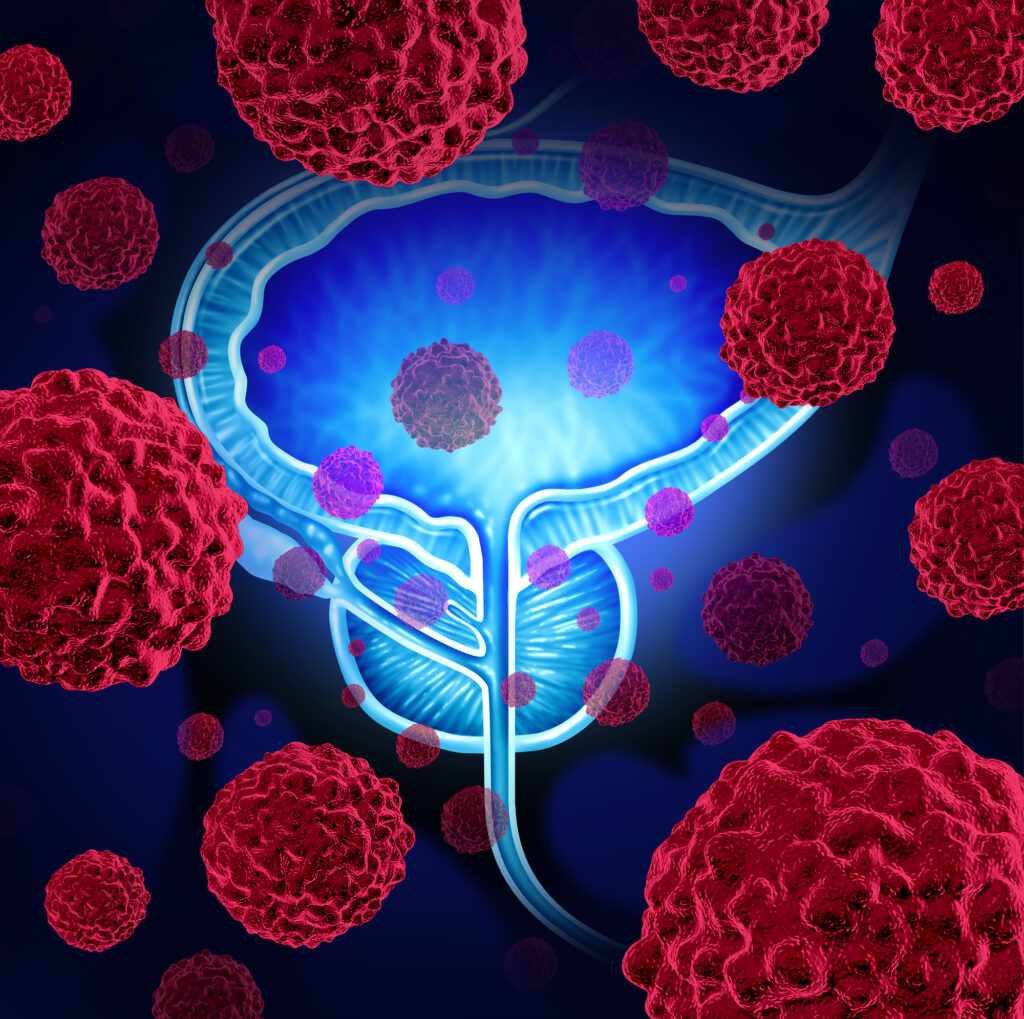Many different countries have a tea culture, and Japanese Matcha tea is growing in popularity around the world. In Japan, Matcha has a long history of being used for various medicinal purposes. It has been suspected 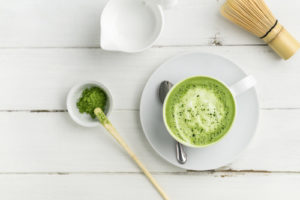 to have various beneficial effects to health, but relatively little scientific evidence supported that claim. Now, a group of Japanese researchers from Kumamoto University has shown that anxious behavior in mice is reduced after consuming Matcha powder or Matcha extract.
to have various beneficial effects to health, but relatively little scientific evidence supported that claim. Now, a group of Japanese researchers from Kumamoto University has shown that anxious behavior in mice is reduced after consuming Matcha powder or Matcha extract.
Its calming effects appear to be due to mechanisms that activate dopamine D1 receptors and serotonin 5-HT1A receptors, both of which are closely related to anxious behavior.
Matcha is the finely ground powder of new leaves from shade-grown (90% shade) Camellia sinensis green tea bushes. The tea (and food flavoring) is enjoyed around the world. In Japan, historical medicinal uses for Matcha included helping people relax, preventing obesity, and treatment of skin conditions. The researchers, therefore, sought to determine its various beneficial effects.
The researchers evaluated the anxiolytic activity of Matcha tea powder, and its hot water extract (CSW) and ethanol extract (CSE) in mice, using the elevated plus maze test. The “elevated plus maze” test is an elevated, plus-shaped, narrow platform with two walled arms that provide safety for the test subject, typically a mouse. It is used as an anxiety test for rodents with the idea that animals experiencing higher anxiety will spend more time in the safer walled-off areas.
Using this test, researchers found that:
- Mouse anxiety was reduced after consuming Matcha powder or Matcha extract.
- A behavioral pharmacological analysis revealed that Matcha and Matcha extracts reduce anxiety by activating dopamine D1 and serotonin 5-HT1A receptors.
- In addition, when the anxiolytic activity of different Matcha extracts were evaluated, a stronger effect was found with the extract derived using 80% ethanol in comparison to the extract derived from only hot water.
- This means a poorly water-soluble Matcha component has stronger anxiolytic effects than a component that is easily soluble in water.
“Although further epidemiological research is necessary, the results of our study show that Matcha, which has been used as medicinal agent for many years, may be quite beneficial to the human body,” said study leader, Dr. Yuki Kurauchi. “We hope that our research into Matcha can lead to health benefits worldwide.”
Conclusion/ Matcha tea powder and ethanol extract (CSE) showed anxiolytic activity through the activation of the dopaminergic and serotonergic systems. Matcha exerted anxiolytic effects through dopamine D1 and serotonin 5-HT1A receptors. Ethyl acetate fraction of CSE was found to be most active fraction.

